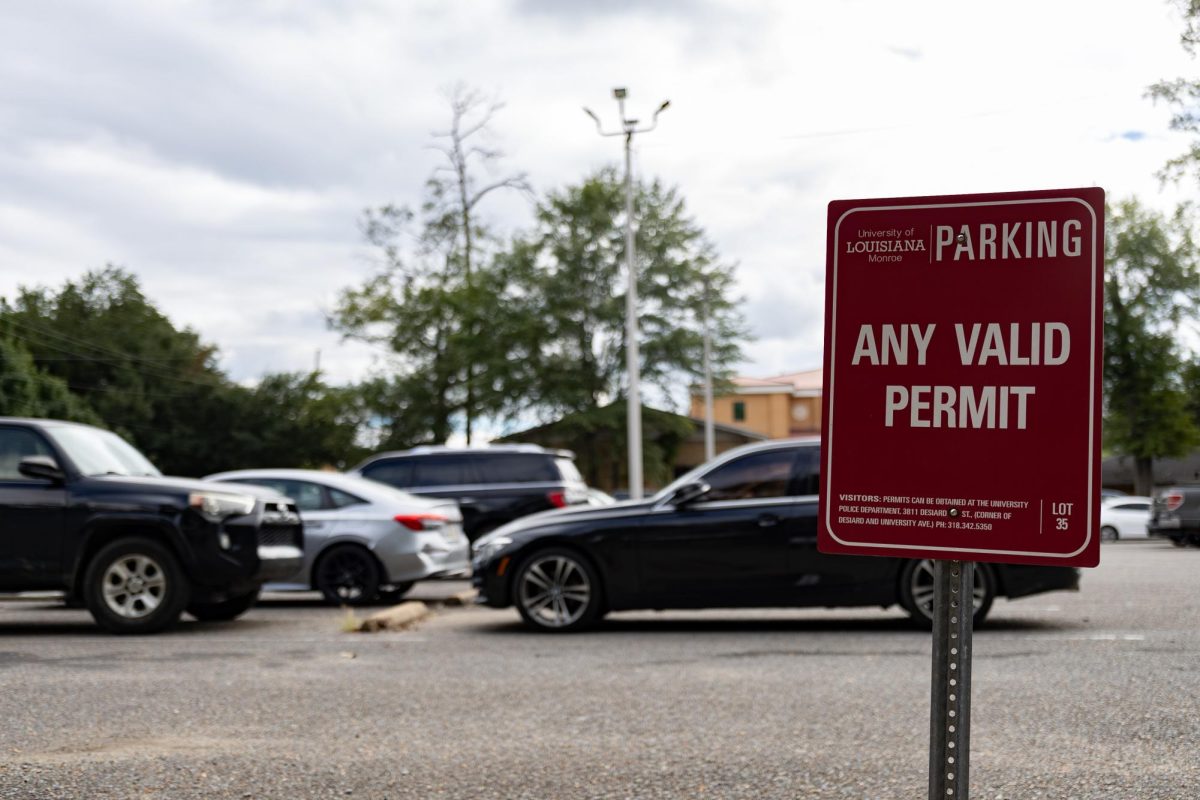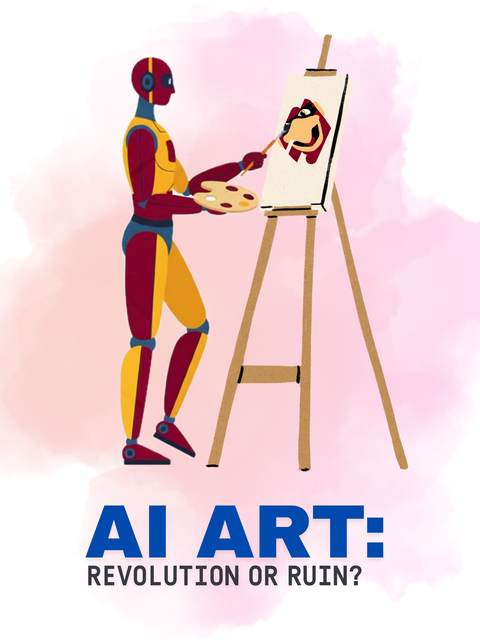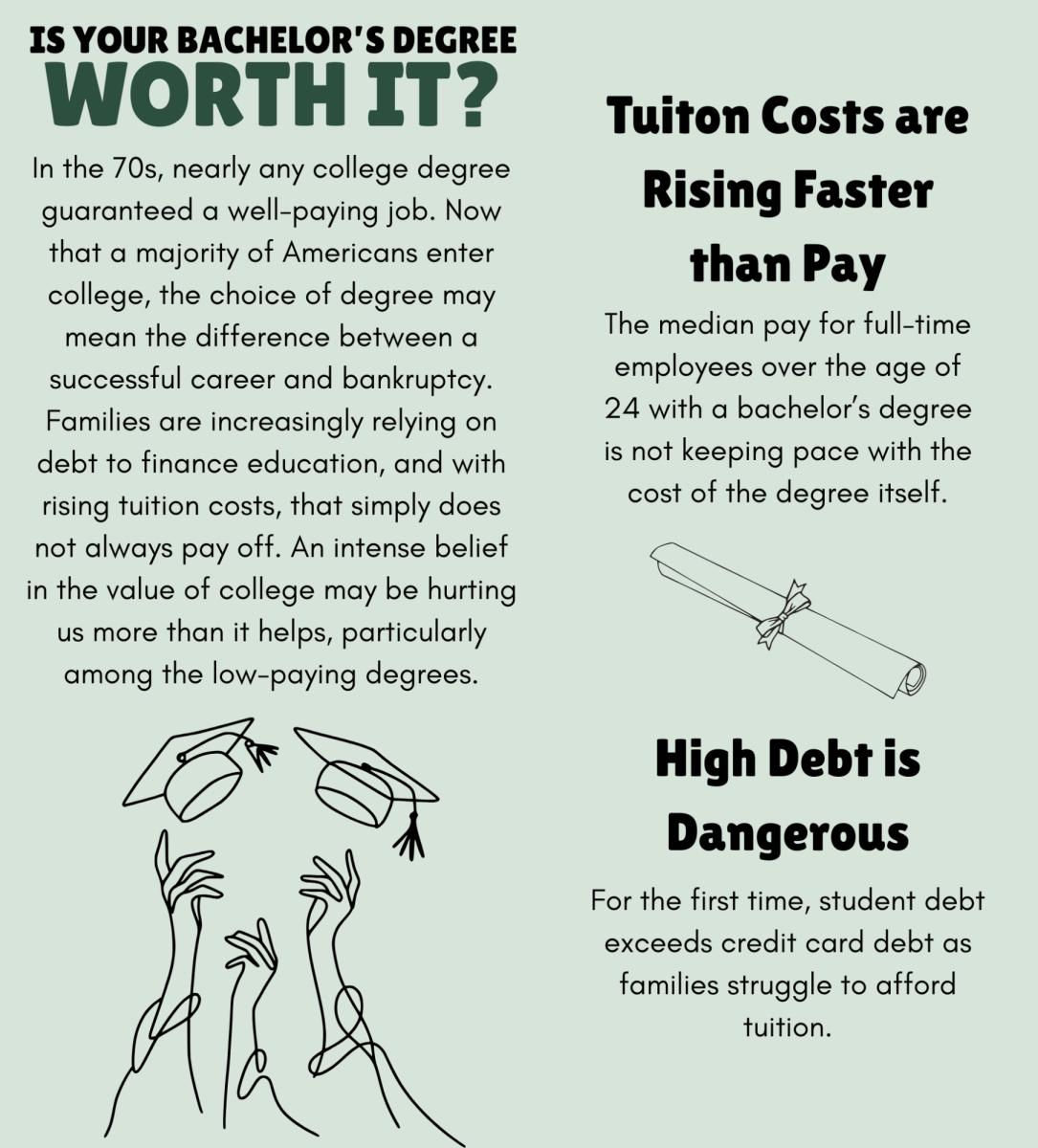I’ve never really had the stomach for injustice. Call it my delicate Episcopal sensibilities.
Once something is brought to my attention, it stays there. It devours me until I start to do something.
One group of people who have really not gotten a fair shake is the American Muslims.
After 9-11, a wave of anti-Semitic violence swept across the country.
Mosques burned. Muslims were beaten.
People who looked like they might have been Muslim were beaten. And some were even killed.
A certain group of the Christian majority in this country likes to imagine that Christians and Christianity itself are being persecuted.
I’m not sure who they think is doing the persecution, whether it be Hollywood or the gay agenda. But people like Phil Robertson, Kirk Cameron and Tony Perkins, have some very big microphones.
And people are easily persuaded if you can convince them that people who disagree go to Hell, or worse, are bad Americans.
For example, Rudy Giuliani, who in a desperate attempt to resurge in relevancy said that the president of the United States does not love America.
Maybe if Mr. Giuliani had actually won the presidency, he’d know that there’s no way to do that job without love of country.
But I digress.
The unfortunate part is that people like this can’t just believe what they believe and leave the rest of us to our debauchery. They have this unfledged belief that we are all in need of saving.
And we are–just not from them.
A couple of weeks ago, the President of the United States held the national prayer breakfast, which surprised me because I had just read a chain email on how he was an atheist sent to destroy America.
At the prayer breakfast, he said we should treat Muslims like people.
Shocking, isn’t it–the idea that in America we would treat people like people. But despite the president’s progressive ways, he was not the first person to say we should treat people like people.
Lots of people have said that, including Jesus Christ, who I’ve been told started some kind of religion to further that teaching.
Unfortunately, for a good majority of Christians in America, Christianity is not about being good to people for Jesus’ sake.
It’s become platonic in that it’s become about escaping our broken world and getting as many people on the boat before the flood comes.
This escapist idea has done more damage than any other idea because it has released us from consequences. We either think we’re going to heaven, so we just have to bide our time here and not sin. Or we think we’re going to Hell, and we give into hedonism.
Neither is what Jesus intended.
To quote Harper Lee, “There are just some kind of men who – who’re so busy worrying about the next world they’ve never learned to live in this one, and you can look down the street and see the results.”
When governors are encouraging anti-Muslim violence, when innocent students are being slaughtered for wearing hijabs, when mosques are being firebombed, we have missed the message.
To use some evangelical lingo, the Lord has given me a message to share with you: don’t hurt people. Love people.
And if you don’t know how to love people, then just stay out of their way.
Religion can be spoken about freely, yet we tread softly when publically mentioning it.
But, the hardest idea to grasp is that having the right to spread religious awareness is certainly not the same as pushing beliefs on others.
While people reserve the right to practice religious freedom and to speak without restraint about any faith they choose, forcing others to listen isn’t freedom of speech; it’s harassment.
There are over 127 major religions and seven billion people on earth with seven billion different views of God. Some love Him, some fear Him, some question His existence and some are still searching for Him.
Some will decide that God plays no role in the trials and tribulations of life, while others will find faith the moment they see their newborn child take the first breath of being.
Whether we discover where we spiritually belong in a pew on Sunday morning or on a lonely drive with no destination, the journey to finding or forgetting God is what determines our views. We can’t be told what and who to believe in, or to even believe in anything at all.
What we learn, who we meet and the challenges we face are what we remember when we stand before Him, not the church members that knock on our front doors, or the people that stand in the quad condemning us all to hell.
And if the church goer at your front door changes your perspective, let them. Be baptized in one church, change your mind, and be baptized in another. Let what you learned in biology class make you question evolution and the powers above.
Learning from life experiences and questioning God’s ways isn’t sin; it’s human. It’s human to change emotionally, mentally, and spiritually when physical surroundings change. It’s human to simply be curious and indecisive.
Faith only exists because there are people that believe strongly enough in it to make it a reality and a way of life. Without doubters and differences, the strength of religion would never have anything to be measured against.
Because of that, religion without true belief is weak.
Never practice out of habit, don’t follow just because your parents or friends do, and don’t ever think one religion is superior to another. In a time that seems to have the explanation for everything in a test tube or on a database, people believing in any God at all is a miracle in itself.





